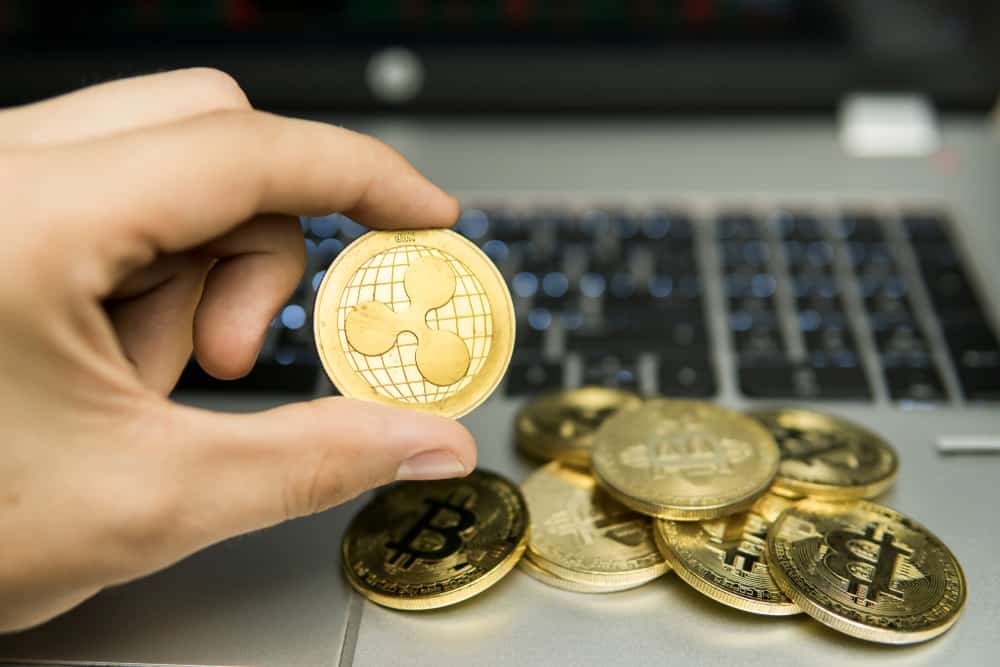Barely days after a bull run raised investors’ hope that XRP, despite all criticisms, might not be as centralized as critics allege, a new report has surfaced completely shattering that altered perception that just began to gain traction.
The report by the Bank of International Settlements released Sept. 23, implies that it would be hard for XRP to remove the stigma of centralization as its network of trusted nodes are almost all controlled by Ripple.
XRP Relatively Unaffected by Regulatory News Because of a Higher Degree of Centralization
The primary objective of the BIS report, co-authored by Stijn Claessens and Raphael Auer, was to evaluate the challenges of bringing cryptocurrencies within the ambit of national regulation. They based the study primarily on market reactions to regulatory news flows.
The study focused on seven of the most popular cryptocurrencies in circulation today, including Bitcoin, Ethereum, Bitcoin Cash, Litecoin, Zcash, Monero and, of course, XRP (Ripple). Price sensitivity of each of these coins was closely monitored in the aftermath of new developments (or the possibility of changes) in the regulatory framework of major economies such as the United States, China, Japan, India, and the United Kingdom.
Because the study included seven cryptocurrencies, as well as up to seven variables of interest, Claessens and Auer recalibrated the dimensionality for conciseness by building a global cryptocurrency regulatory news index or CRNI.
Here’s an excerpt from the report that underlines the fluctuations in prices of the so-called Bitcoin “clones” as compared to that of Bitcoin:
“[…] we find that both ‘Bitcoin clones’ — Bitcoin Cash and Litecoin — as well as the second largest cryptocurrency by valuation, Ethereum, react significantly to CRNI (columns 2–4). The impact is not significantly different from 1, however, ie they are as strongly affected by these news events as bitcoin is.”
It then touched upon the relative changes in Zcash and Monero:
“We next examine so-called ‘dark coins’ Monero and Zcash — that add an extra layer of anonymity. Monero reacts significantly and more strongly than bitcoin (column 5), while Zcash (for which we only observe less than two years of data given its shorter lifespan) reacts less (column 6).”
As for the XRP token, the researchers found its reaction to be minimal every time regulatory news flows caused fluctuations in the crypto space. According to them, this may be an outcome of Ripple’s tight control over the trusted nodes, which, they say, makes XRP “distinct from other, permissionless, cryptocurrencies.”
Bank of International Settlements on Crypto Regulation
In conclusion, the report states that regulation need not necessarily come as a bad news for the crypto space “with price responses notably signalling a clear preference for a defined legal status, albeit a light regulatory regime.”
It also urges regulators across the globe to develop a new paradigm for a coordinated effort to maximize their impact. However, the researchers also pointed out that the lack of any such coordinated effort will not obstruct their ability to exert an “effective intervention.”
The report further claimed that nonspecific warnings about digital assets do not usually have any significant impact on crypto prices, even if they come from regulatory bodies.






